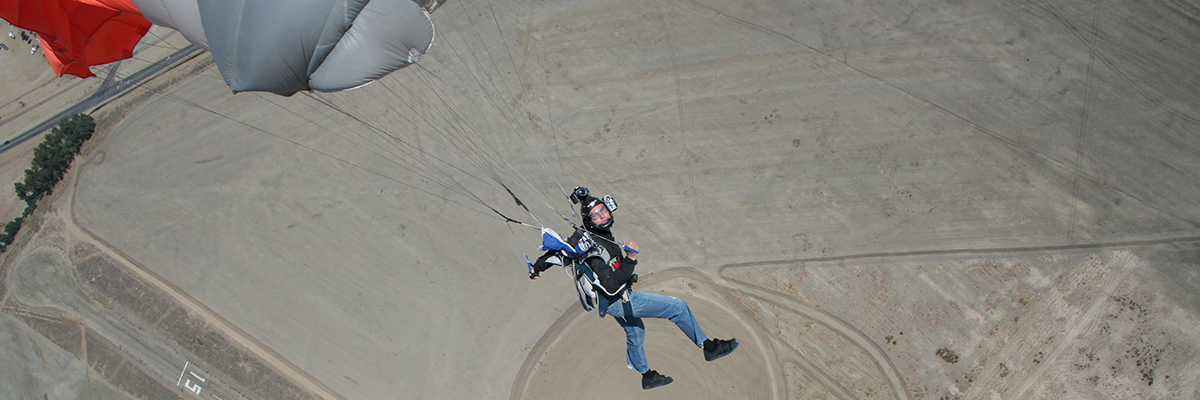Learning from Close Calls
Monday, May 17, 2021

- Christy Frikken
- 5/17/21
- 0
- Safety
At some point, all skydivers have a close call. A mistake or error occurs, and an accident is narrowly averted by luck, quick thinking, or skilled reactions.
No matter how they happen and whose “fault” it was, make it your mission to squeeze every drop of learning from the situation.
Experience the emotional reaction
Right after the near-disaster hits, you will experience a variety of emotions. You might be very angry at someone who contributed to the situation. You might be scared and mad at yourself. You might even feel relief everything worked out.
Let these emotions happen so you can get to a calmer place. Just don’t let the feeling be the only processing you make of the event.
Analyze it objectively
After you have calmed down, it is time to look at the facts.
Pilots say that accidents are a series of mistakes executed to perfection. Where did the series of errors start?
First, try to roll back the errors as far as possible. Were you distracted on the plane by something unrelated? Did you not do an excellent gear check? Did you show up to jump tired or hungover?
Next, make a list of each time you could have prevented the error. Think of everything. Could you have been more attentive to the group order on the plane? Stayed focused on traffic as you tracked away? Planned a jump more within your skillset? Choose a more secluded landing spot?
Create a new safety plan
First, embrace your fallibility and accept you are likely to make all kinds of mistakes again in the future. You are a human being, and human beings do mess up no matter how cool they are.
The essence here is to design and embed safer behaviors into a routine. If “pay more attention” is your only plan, the learning will fade with the emotion.
The next step is to think about how you can systematically develop a habit or increase your awareness in a way that would have stopped the error in its track. Choose to implement these habits in your future jumps.
For example, if you had a close call with another jumper on opening, what could be different? Can you make a habit of clarifying your break-off plans? Is your break-off altitude adequate? Build muscle memory for tracking further? Use the sound of your beeper to trigger more focus on your surroundings?
Share around the bonfire
Skydivers must learn a lot vicariously through other’s mistakes. Be bold and share your story and the lessons you have learned from it with other jumpers. We know a lot from anecdotes and being brave enough to share your mistakes helps everyone in our sport. Don’t be shy or ashamed about your mistake. If we all hide our errors, we slow down safety for everyone.
Finally, as the old saying goes, I hope your experience bucket fills up before your luck bucket runs out! If you have to tap into that lucky bucket, please learn everything possible from the circumstances to make everyone a little safer.



